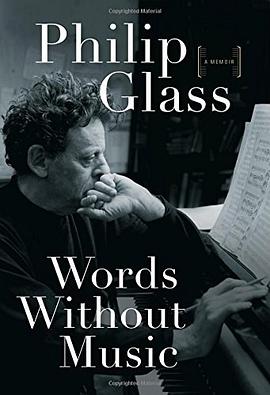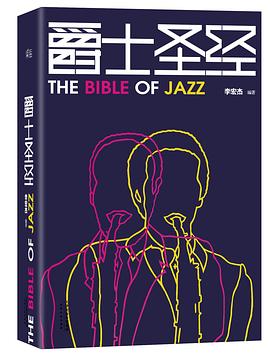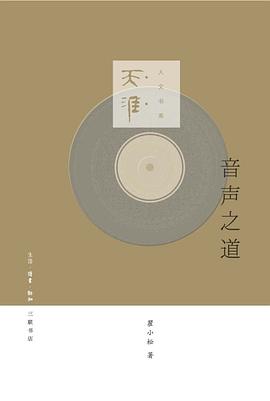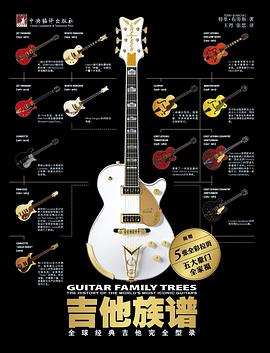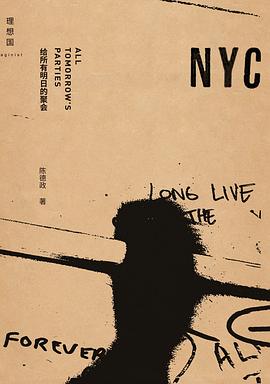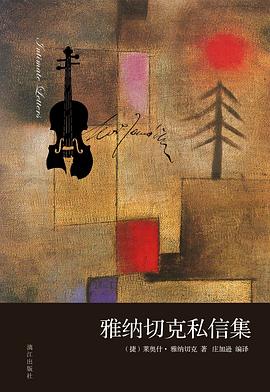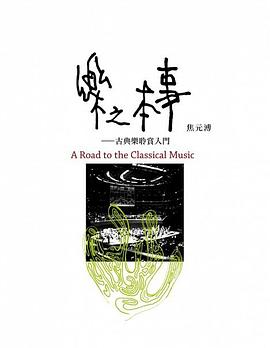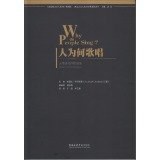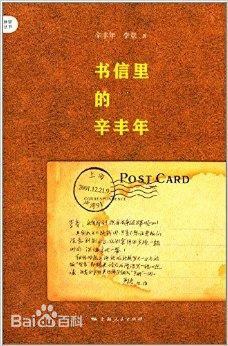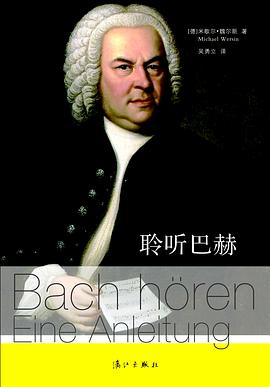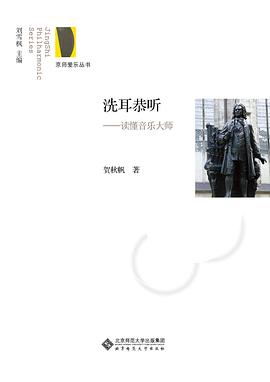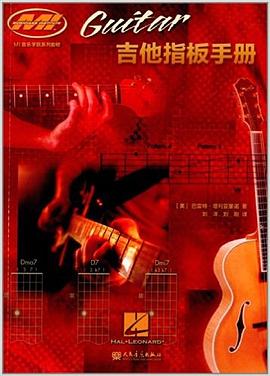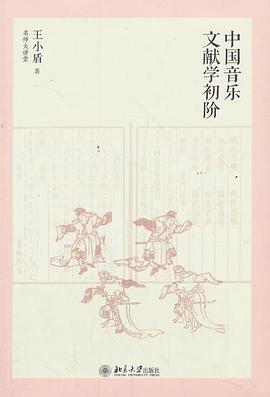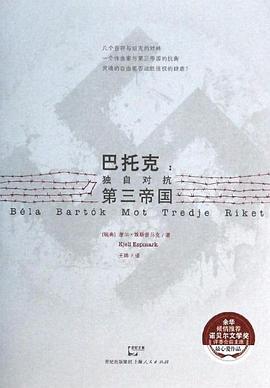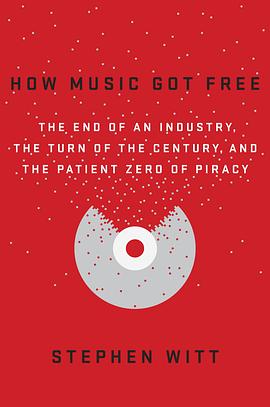

具體描述
How Music Got Free is a riveting story of obsession, music, crime, and money, featuring visionaries and criminals, moguls and tech-savv y teenagers. It’s about the greatest pirate in history, the most powerful executive in the music business, a revolutionary invention and an illegal website four times the size of the iTunes Music Store.
Journalist Stephen Witt traces the secret history of digital music piracy, from the German audio engineers who invented the mp3, to a North Carolina compact-disc manufacturing plant where factory worker Dell Glover leaked nearly two thousand albums over the course of a decade, to the high-rises of midtown Manhattan where music executive Doug Morris cornered the global market on rap, and, finally, into the darkest recesses of the Internet.
Through these interwoven narratives, Witt has written a thrilling book that depicts the moment in history when ordinary life became forever entwined with the world online — when, suddenly, all the music ever recorded was available for free. In the page-turning tradition of writers like Michael Lewis and Lawrence Wright, Witt’s deeply-reported first book introduces the unforgettable characters—inventors, executives, factory workers, and smugglers—who revolutionized an entire artform, and reveals for the first time the secret underworld of media pirates that transformed our digital lives.
An irresistible never-before-told story of greed, cunning, genius, and deceit, How Music Got Free isn’t just a story of the music industry—it’s a must-read history of the Internet itself.
著者簡介
Stephen Witt was born in New Hampshire in 1979 and raised in the Midwest. He graduated from the University of Chicago with a degree in mathematics in 2001. He spent the next six years playing the stock market, working for hedge funds in Chicago and New York. Following a two-year stint in East Africa working in economic development, he graduated from Columbia University’s Graduate School of Journalism in 2011. He lives in Brooklyn, New York.
圖書目錄
讀後感
亚文化、法律、技术与一部音乐盗版史 ——How Music Got Free: The End of an Industry, the Turn of the Century, and the Patient Zero of Piracy, Stephen Witt, Viking, 2015 "审判长问张克东:你是搞技术的是吧?从你了解来讲,画面拦截能不能达到? 张克东:没有这...
評分亚文化、法律、技术与一部音乐盗版史 ——How Music Got Free: The End of an Industry, the Turn of the Century, and the Patient Zero of Piracy, Stephen Witt, Viking, 2015 "审判长问张克东:你是搞技术的是吧?从你了解来讲,画面拦截能不能达到? 张克东:没有这...
評分亚文化、法律、技术与一部音乐盗版史 ——How Music Got Free: The End of an Industry, the Turn of the Century, and the Patient Zero of Piracy, Stephen Witt, Viking, 2015 "审判长问张克东:你是搞技术的是吧?从你了解来讲,画面拦截能不能达到? 张克东:没有这...
評分亚文化、法律、技术与一部音乐盗版史 ——How Music Got Free: The End of an Industry, the Turn of the Century, and the Patient Zero of Piracy, Stephen Witt, Viking, 2015 "审判长问张克东:你是搞技术的是吧?从你了解来讲,画面拦截能不能达到? 张克东:没有这...
評分亚文化、法律、技术与一部音乐盗版史 ——How Music Got Free: The End of an Industry, the Turn of the Century, and the Patient Zero of Piracy, Stephen Witt, Viking, 2015 "审判长问张克东:你是搞技术的是吧?从你了解来讲,画面拦截能不能达到? 张克东:没有这...
用戶評價
科技讓許多曾經稀缺的東西變得無處不在,一個免費MP3版權和iPod, 讓如今的流行音樂變得無處不在;一個開源的epub格式和iPhone,也讓如今的電子書無處不在。a world of abundance,多麼誘人。
评分蕩氣迴腸
评分漲姿勢~
评分哦媽呀兩星還沒有人打!!
评分雖然說音頻壓縮與mp3格式的發展曆程,環球唱片的盛極而衰,以及music scene的描繪這三條綫到後麵有些割裂,作者的有些論調我也不太贊同,但因為有Dell Glover這一獨傢源頭,對於好奇想瞭解scene與0day小組背後運行機製的人來說,本書還是挺有看頭的。OiNK的故事跟Wired雜誌那篇Silk Road創始人的文章對比著讀,更能瞭解互聯網居民對現實世界的反抗,烏托邦與否,在乎怎麼看。What.CD現在從種子數量和內容上也超過瞭原來的OiNK,時不時的有藝術傢通過它發布新專輯(Vanity House),還齣産瞭幾張閤集。也許正如最近一位Vanity House獨立藝術傢所言,有時候exposure曝光相對於distribution發行更重要。
相關圖書
本站所有內容均為互聯網搜索引擎提供的公開搜索信息,本站不存儲任何數據與內容,任何內容與數據均與本站無關,如有需要請聯繫相關搜索引擎包括但不限於百度,google,bing,sogou 等
© 2025 book.quotespace.org All Rights Reserved. 小美書屋 版权所有


